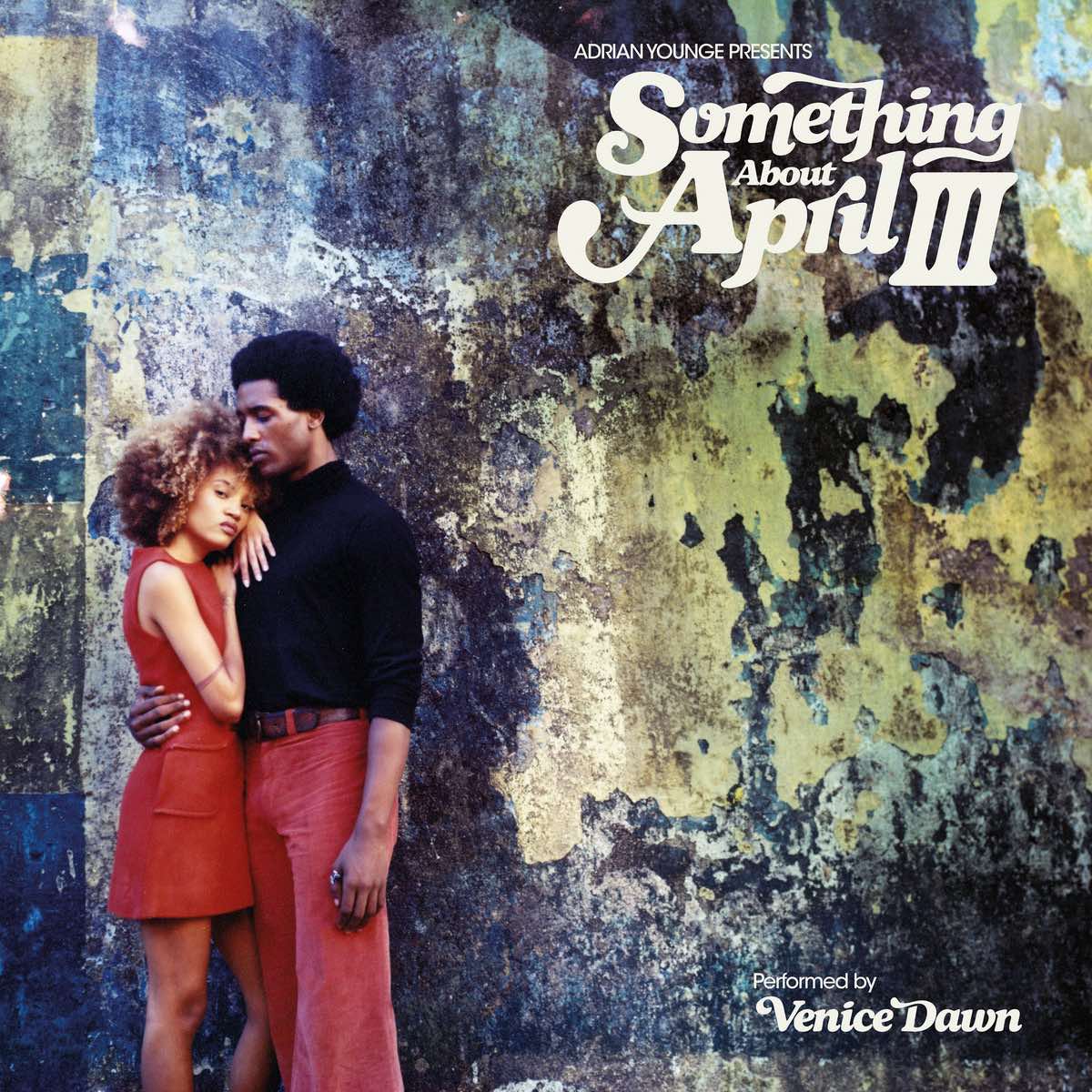Adrian Younge
Something About April III
LINEAR LABS
As a Jazz Is Dead label co-owner with Ali Shaheed Muhammad, and as a producer working with the likes of Wu-Tang Clan, La Luz, and Kelsey Lu, Adrian Younge’s talents rest on the back of deconstruction, revival, and reinvention, pulling new tastes and fresh highs from fine old vintages. As an artist beyond his composition work for television and film (Marvel’s Luke Cage, Queen Latifah’s The Equalizer), Younge takes that same revivalism and doubly turns it on its head, often using lush synthetic means and glittering samples to convey his messages and moods.
Something About April III is a little bit different and a little bit the same as his prior solo albums in that it revisits the music of artists that Younge has loved, been thrilled and inspired by (totems of breezy Brazilian music such as Azymuth, João Donato, Marcos Valle, Caetono Veloso), and worked with (the late Tony Allen, an avatar of all things Afrobeat)—yet he’s still willing to explode for the listener. If you love a thing, you set it free.
Blurring those lines, challenging your senses, and opening up all of its sonic spheres, Younge brings the large history of Brazil—not just its sandy shore melodies and rhythms, but its messy politics—into a smaller narrative involving young love, class struggle, and skin tones for songs such as the wingedly stringed “Nos Somos as Estrelas” and the chorale rich “Esperando por Voce.” Remember, too, that Younge reassessed Black history back in 2021 with his brilliantly brutal The American Negro, so he’s not one to let pretty sounds stay lovely without perturbed disturbance.
If all of that didn’t seem quite dramatic enough for your listening pleasure, the monumentally theatrical, quiet-storming “Ainda Preciso do Sol” will delight. And if you’re solely looking for Younge to space out and stay swaying to the windy traditionalism of 1960s-1970s Brazilian jazz, “Nunca Estranhos” and “Sorrir na Chuva” do that, too, albeit with a creepy synthesizer guiding you toward the misty beaches of São Paulo.







